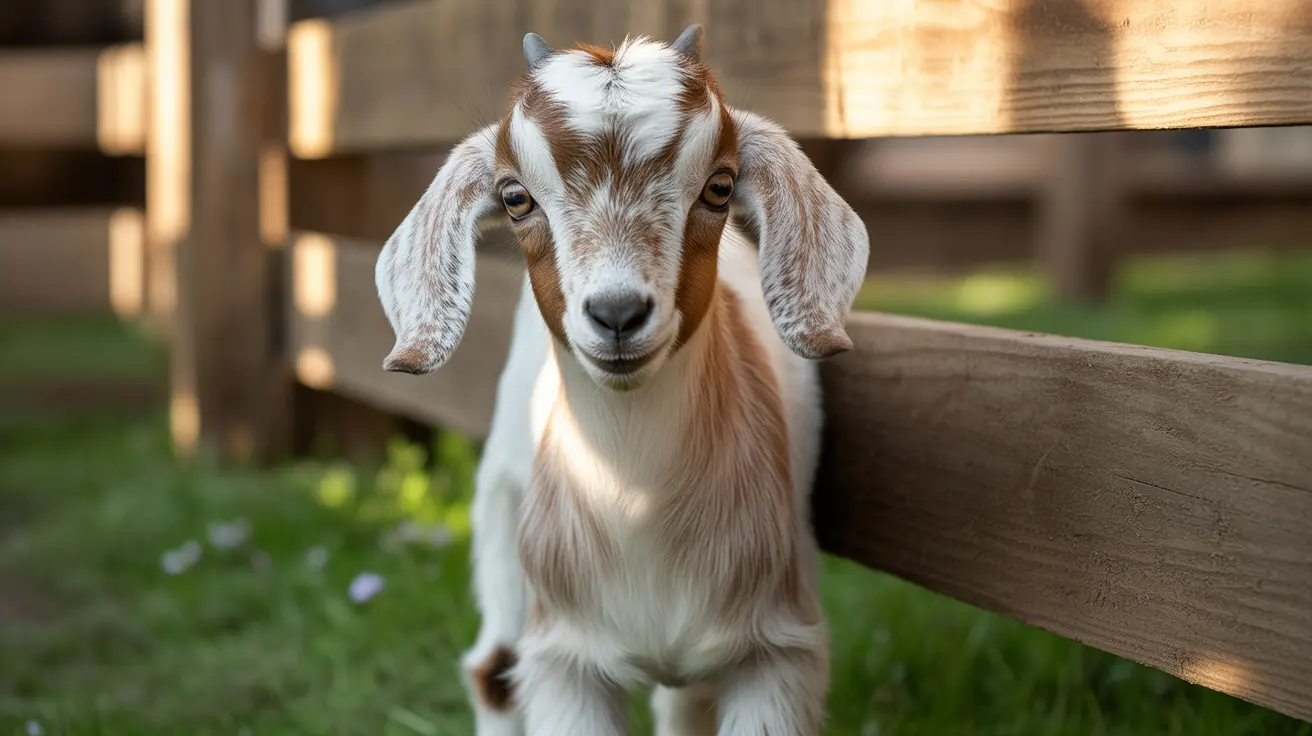Can Dogs Have Milk? What Every Pet Owner Should Know
Milk is a common household item that many pet owners wonder about incorporating into their dog's diet. While it may seem harmless and even nourishing, milk can have mixed effects on our canine companions. Understanding the benefits and risks of feeding milk to dogs is essential for their health and wellbeing.
Is Milk Safe for Dogs?
In general, milk is not toxic to dogs, but it’s also not always well-tolerated. The main concern lies in lactose intolerance. As dogs grow older, many lose the ability to produce enough lactase, the enzyme responsible for digesting lactose, the sugar found in milk. Without sufficient lactase, lactose remains undigested and moves into the colon, causing gastrointestinal upset.
Signs Your Dog May Be Lactose Intolerant
- Diarrhea
- Vomiting
- Bloating
- Gas
- Stomach pain or discomfort
If your dog experiences any of these symptoms after consuming milk, it's best to avoid it altogether and consult a veterinarian.
Which Dairy Products Are Safer Than Milk?
Some dairy products contain less lactose than milk and may be better tolerated by dogs:
- Cottage cheese: Low in fat and lactose, making it a safer option.
- Mozzarella: Also relatively low in fat and lactose.
- Cheddar, Gouda, Edam: Harder cheeses with reduced lactose content.
- Plain cream cheese: Acceptable in small quantities but avoid flavored varieties with ingredients harmful to dogs, like chives or garlic.
Dairy Products to Avoid
Not all cheeses and dairy options are safe. Avoid feeding your dog:
- Blue cheeses: Such as Roquefort, Gorgonzola, Stilton, as they contain roquefortine C, which is toxic to dogs.
- Flavored and processed cheeses: These may contain harmful ingredients like onions, garlic, herbs, or excessive salt.
- Milk-based desserts: Ice creams or pastries are often high in sugar and lactose, and may also contain chocolate or xylitol, both of which are toxic to dogs.
When to Completely Avoid Milk and Dairy
Certain health conditions can make dairy products, including milk, particularly harmful to dogs:
- Overweight or obese dogs: Dairy products are often high in fat and calories.
- Dogs with pancreatitis: Dairy can trigger flare-ups.
- Kidney issues: High salt content in cheese can exacerbate kidney problems.
- Dogs on a specialized or calorie-restricted diet: Milk may interfere with nutritional balance.
Training and Treating with Dairy
For dogs who tolerate dairy, small amounts of certain cheeses can be used as high-value treats during training. Many dogs love the taste of cheese, making it an excellent reinforcement:
- Use tiny cubes of cheddar or mozzarella for quick consumption during training sessions.
- Try a smear of cream cheese on a lick mat to encourage calm behavior or enrichment.
- Use cheese to hide medications only with vet approval, as calcium can interfere with certain drugs.
Guidelines for Safely Feeding Milk and Dairy
- Start with a small amount and monitor your dog for reactions within 24 hours.
- Never exceed 10% of your dog's daily caloric intake with treats, including cheese or milk.
- Stick to plain, low-fat dairy options, and avoid blue or flavored cheeses.
- Do not substitute dairy for meals or complete nutrition, especially in puppies.
- Consult your vet if your dog has known health conditions or is on medication.
What to Do If Your Dog Drinks Too Much Milk
If your dog accidentally drinks a large quantity of milk, especially if it's whole milk or flavored (e.g., with chocolate or additives), monitor them closely. Watch for symptoms like diarrhea, vomiting, or lethargy, and seek veterinary guidance if needed.
Conclusion
While dogs can have milk in moderation, it's important to approach it cautiously. Many dogs are lactose intolerant, and milk can lead to digestive discomfort. Safer dairy alternatives like cottage cheese or mozzarella may be better suited for occasional treats. Always introduce new foods slowly, observe your dog’s reaction, and consult your vet if you have any concerns. When in doubt, it’s best to err on the side of caution and stick to dog-friendly treats designed with their specific needs in mind.





